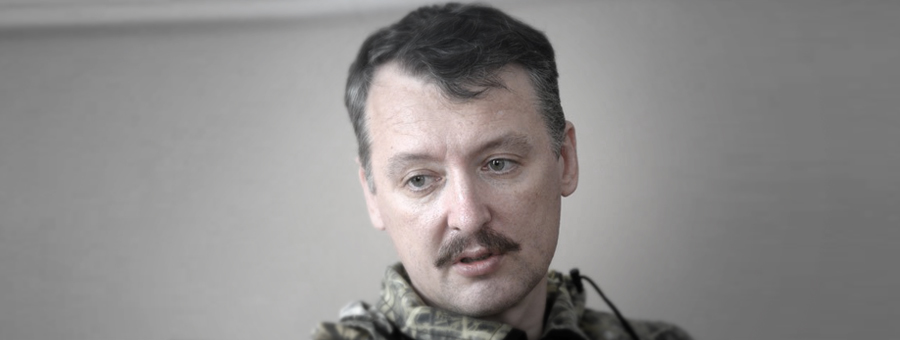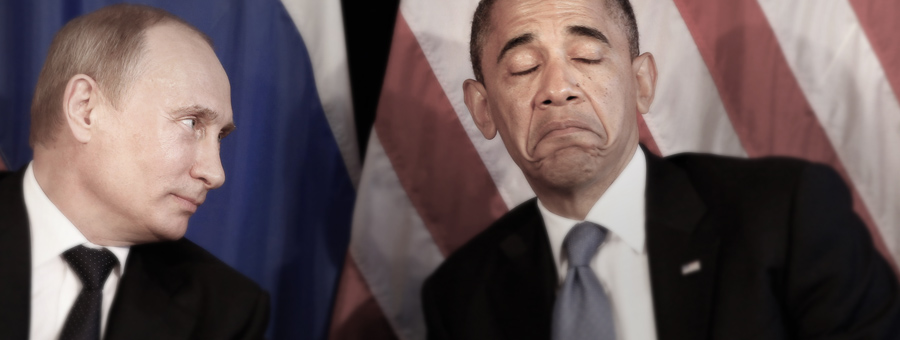Let me remind you that the “War of 8.8.8” [The Georgian War began on August 8, 2008 –ed.], and the decisive events of the “Revolution of Dignity” [the Maidan coup –ed.] occurred at a time when V.V. Putin was outside Moscow (in China and at the Olympics in Sochi). In the first case, the effect was not achieved. In the second—the question for me is not so clear.
Slavyangrad.org:
The Offensive
Briefly on the military situation (based on personal analysis of the available data):
-
Currently, Ukrainian troops have almost completed their concentration of forces for the planned offensive. In the areas selected as the direction of the main strike (to the south of Donetsk) their superiority over the opposing portions of the NAF [Novorossiya Armed Forces –ed.] is estimated at approximately five-fold. Under the cover of defence in depth, the UAF [Ukrainian Armed Forces –ed.] grouping has a pronouncedly offensive configuration.
-
At the front, additional exploration of the PRs’ [People’s Republics –ed.] army positions is actively conducted by professional reconnaissance (presumably PMCs [Private Military Companies –ed.]). The number of drones and electronic warfare equipment used by the Ukro-Army is impressive. A considerable reserve of ammunition for all kinds of weapons is concentrated near the front.
- The power available to the UAF is sufficient to effect a defeat of the opposing People’s Militia corps within a week or two, while profound breakthroughs can already be effected in the first day of the attack, giving access to the rear communications.
-
The offensive may be “general” in character (aiming at accessing the border with the Russian Federation all along the line and the subsequent complete destruction of republics), or limited, the aim of which might be the capture of the southern part of the DPR and of vital infrastructure, without which even partial economic autonomy of the Donbass would be impossible.
-
A full-scale offensive should be expected before the autumn muddy season; thus there remains for the UAF not more than a month and a half before its commencement. And taking into account the need to not only start, but to finish the operation before the onset of the autumn muddy season, the time-frame for the offensive moves to September 20-25. If an offensive does not start before this specified time, it will be possible to predict with a high degree of probability the preservation of the status quo before the winter frosts.
-
Nonetheless, although postponement of the operation is possible, it is unlikely, as the deteriorating economic and political situation for the Kiev junta does not guarantee their ability to re-assemble an equally powerful group for an attack six months later.
-
Let me remind you that the “War of 8.8.8” [The Georgian War began on August 8, 2008 –ed.], and the decisive events of the “Revolution of Dignity” [the Maidan coup –ed.] occurred at a time when V.V. Putin was outside Moscow (in China and at the Olympics in Sochi). In the first case, the effect was not achieved. In the second—the question for me is not so clear.
Original: El Murid
Translated by Alya & Alan Bailey / Edited by @GBabeuf
Regarding Strelkov’s analysis-prognosis on the timing and possibility of a UAF offensive, I can say the following.
Firstly, Strelkov is quite logical in indicating the beginning of the last third of the month as the most likely date for the offensive, but at the same time very preclusive. Putin’s visit to New York is considered very important for the Kremlin; the “dancing” concerning the issue of a meeting between Putin and Obama has already commenced. The Normandy Four format and the Minsk agreements have been demonstrated to be ineffective by the fact that Europe does not appear to be independent in making decisions on sanctions (and it was precisely they who were the reason for surrendering a military victory last year); and the fact that Ukraine in general is a completely controlled territory and it is impossible in principle to conduct a dialogue with it—there is not a single responsible politician there. To solve the problem, one has to deal with the actual organiser of the catastrophe, and therefore the meeting in New York is extremely important for Putin and for the, still very strong, party of the “peacemakers”—or, rather, the traitors.
It would be absurd not to take this factor into consideration and not to try and sabotage it (or reduce its meaning to zero). A UAF offensive during this time will present Putin with a choice—either to leave New York, or to make any such meeting meaningless. In this sense, September 20 as a possible date for a UAF offensive is very likely. If we bear in mind that Kiev is run by Vice-President Biden, the personification of Washington’s hawks, one can say that the probability of such a development is very high.
On purely military grounds the analysis is also quite sound—after September 20 there is not enough time before the onset of the bad autumn weather and the weather is beginning to play a significant role. In principle, the military equipment (especially the Soviet equipment) is designed for any conditions, but when everything is on the brink, the risks become unacceptable. That is why if the situation remains more or less stable after September 20, we can expect it to remain unchanged for the next month-and-a-half or two, and after that the Minsk agreements will begin to become a factor, with their elections, the surrender of borders and so on will.
On the other hand, Strelkov did not delve into the political background of events. Sabotaging Putin’s visit and risking the entire strategy in Ukraine—is not an equivalent exchange for the west. The Kremlin is now in such a situation that either the implementation or the failure of the Minsk agreements are equally ruinous for it; thus there is no consensus in the USA about what is the more promising in personally “degrading” Putin. Nobody is particularly hiding the fact that the issue primarily concerns precisely the Russian president. His exit—even his exit in disgrace—is a very important goal for the USA. Therefore all calculations concerning Russia are made in light of it.
Surrendering the Donbass might come as a heavy blow to Putin’s position, and thus already in Moscow they are trying their best to pass off everything that is happening as a victory. This is precisely why the conditions put forward by Kiev appear unacceptable to the Kremlin—they believe they have already done more than enough in that respect.
For now, both the USA and Europe believe that implementing Minsk agreements is more beneficial for them; there nonetheless remains a problem with maintaining Ukraine: the country is running out of resources, but neither the USA nor Europe is willing to pay even the minimum needed to keep it afloat. Restructuring of debts (which is actually slavery) is the limit for the West. So those who insist on using Kiev to continue blackmailing Russia into allocating additional funds also have a very strong position. It is evident that the Kremlin is already unable to keep on supporting Ukraine without risking its own stability.
This battle of different approaches will determine the probability of a UAF advance. Kiev already decides nothing. This is probably why Kravchuk and Gorbulin [Leonid Kravchuk, first President of Ukraine, ’91-’94; Volodymyr Gorbulin, first head of Ukraine’s National Defence and Security Council, now an official advisor to Poroshenko –ed.] are quite hysterical and almost in a panic demand to turn everything into the siege of Donbass: this will eliminate the possibility of implementing the Minsk agreements, and on the other hand also will not require an immediate military solution, which would run the danger of becoming another disaster. This is not the final decision but, at the moment, nobody is trying to construct any long term policy.
The result is that Putin’s visit to New York becomes, in a certain sense, a reference point. Of course the Kremlin will try to secure both themselves and the situation and most likely will demonstratively inflate the military presence in the “people’s republics”. Here too there are dangers—it is easy to go too far. Yet there are already no simple solutions. The simple and clear-cut solution would be—a military victory and the surrender of the enemy. Everything else—trading and bluffing. Whoever deceives whom will have the upper hand.






























Niciun comentariu :
Trimiteți un comentariu